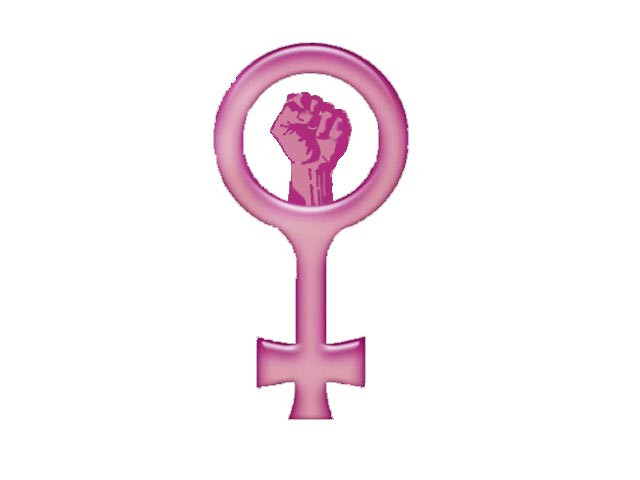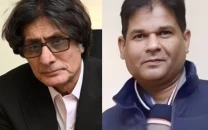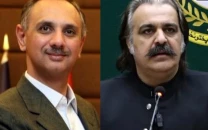Women emancipation: Role in decision making, share in LGs stressed
Book on struggle for women right’s launched, speakers demand representation in the local government.

Road to the emancipation of women and providing them with their rights may be a long one, but right steps in this direction are the need of the hour. Protection of 33 per cent women quota along with equal participation in decision making, constitutional coverage and re-introduction of local government system were the key demands for attaining this cause at a book launch.
The book titled, ‘An Unidentified Struggle; The tale of Women Councilors Network’ was launched by Pattan on Monday.
It is a tribute to the efforts and contributions of the network (now Women Concern Network) and highlights the struggles faced by women from poor and lower middle class. The participants opined the local government system was beneficial to the cause of women. “It was empowering them politically at the grass-roots level,” said a speaker. It (the system) was a platform through which they could raise their voices against injustice, gender discrimination and violence also contributing in decision making.
In December 2004, four years after General Pervez Musharraf came to power in a military coup, he designed the local government system.
“These women councilors were not just the proverbial ‘first drop of the rain’, but they also made significant impact on our polity and society. It was a transformative experience for many of them,” said Sarwar Bari, National Coordinator, Pattan.
Sharing the contents of the book, he said it is divided into three parts. The first part covers the context and explains political dynamics, gender gaps and emergence of the network.
The second part encompasses contribution and struggles of the network and the third one covers conclusions, harvesting the lessons and the way forward.
Afroz Shoro, representative of Women Concern Network, said half of the country’s population consists of women but unfortunately they are being suppressed and restrained from decision making.
Furthermore, Dr Saba Khattak, rights activist, said, just like Balochistan, all other provinces should announce local government election including Federally Administered Tribal Areas.
“Local government gives social and political protection to our woman which is their basic right,” she added.
Dr Fouzia Saeed said the international media only represents Pakistani women as victims of violence. However there are courageous women, who have achieved a lot and are worthy of recognition.
President Sindhiani Tehrik Husna Rahuju said without educations, women cannot be empowered. She said, in Sindh women are adversely becoming victim to Karokari, which is demoralising them in all aspects.
Expressing hope for the future Farzana Bari, women’s rights activist, said the struggle for gender equality is a continuing struggle that will end only with a ‘gender-just society’.
Published in The Express Tribune, March 8th, 2011.

















COMMENTS
Comments are moderated and generally will be posted if they are on-topic and not abusive.
For more information, please see our Comments FAQ